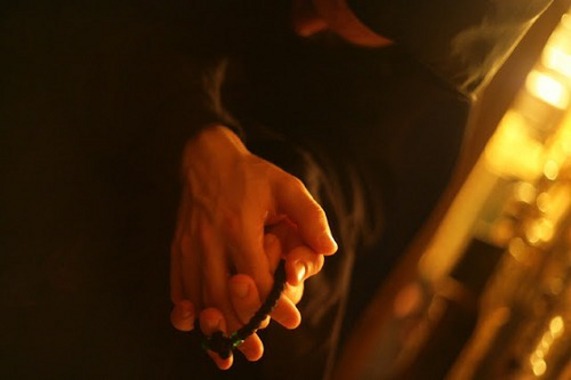This is true theology
If man understands that becoming humble is everything, he will desire to empty himself of all the tumors that exist within him. Since, if humility isn’t in his soul, what will be? Tumors. A tumour of pride, a tumour of vanity, of egotism, and of self-worship: all of which torment man. If man doesn’t find humility, nor rest in humility, he won’t find rest in general. He will instead be tormented.
In order, therefore, for the soul to be emptied of these tumors, you must begin –if you have the disposition and if you want it –to slowly descend deeper and deeper; this doesn’t happen abruptly. Therefore, someone descends into the depths of the soul. He begins from the conscious and gives it over to God. Afterwards, he moves into the subconscious, and finally arrives at the unconscious. In this way, the whole soul becomes conscious. This means that from now on man controls the object of his soul, his entire self. Otherwise, it doesn’t matter how externally humble he is, or how consciously selfless he is if inside his subconscious there is egotism –either as feelings of superiority or of inferiority. So what can you do, you poor and unfortunate one? The hour in which you think you have achieved humility, there comes out of you, out of the dark region of your unconscious, the opposite of humility.
Christians today occupy themselves with theologies. We say this, we say that, and we don’t find the answers, because we don’t exemplify the saints. I invite you to carefully consider the following: What did the saints say? What did they do? What do the lives of the saints look like? We don’t ask these questions. We simply theologize. Can we really conceive of a saint not in control of his whole self? Can we imagine that deep within himself he has pride, and self-worship, and that he is influenced by these? St. John Chrysostom, for example, did not simply produce theology. He did prostrations, vigils, and fasts. Earlier, the apostle Paul wrote: “But I discipline my body and bring it into subjection, lest, when I have preached to others, I myself should become disqualified”. [1] Here is the essence. It is natural that the apostle later theologizes truly, as does every saint.
True theology cannot exist if man does not live in accordance with this theology, if he doesn’t struggle and doesn’t force himself to live in accordance with theology. This is the spirit, and this the practice of the fathers of the Orthodox Church. Can we conceive of a saint simply theologizing? For this, and for so much more, the fathers stress this: “You must first take care to become illumined and then later to illumine others, first to become purified from the passions and then later to purify others”.
[1] 1΄ Corinthians 9, 27.
Holy Hesychasterion “The Nativity of Theotokos” Publications.
Archimandrite Symeon Kragiopoulos


